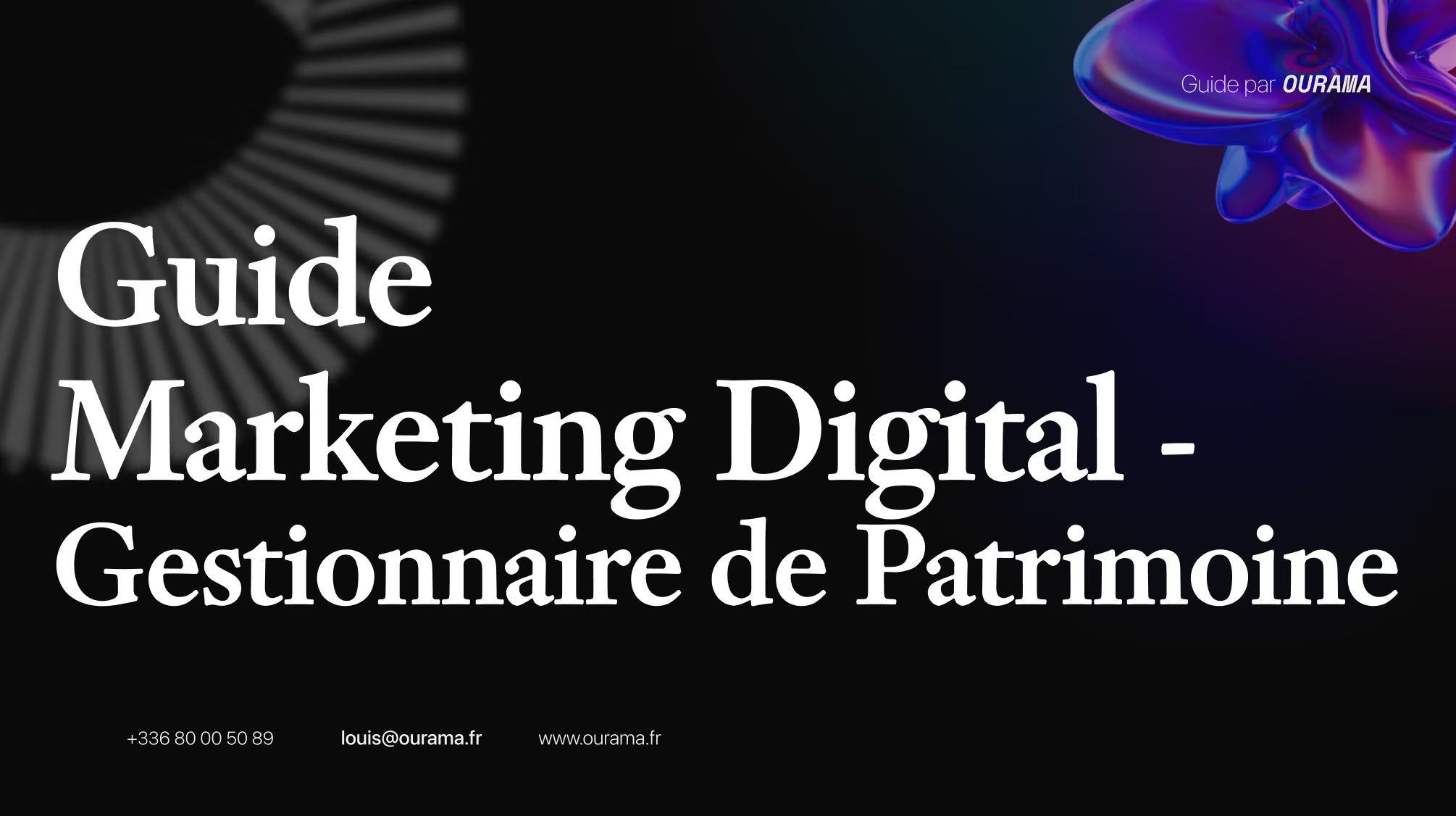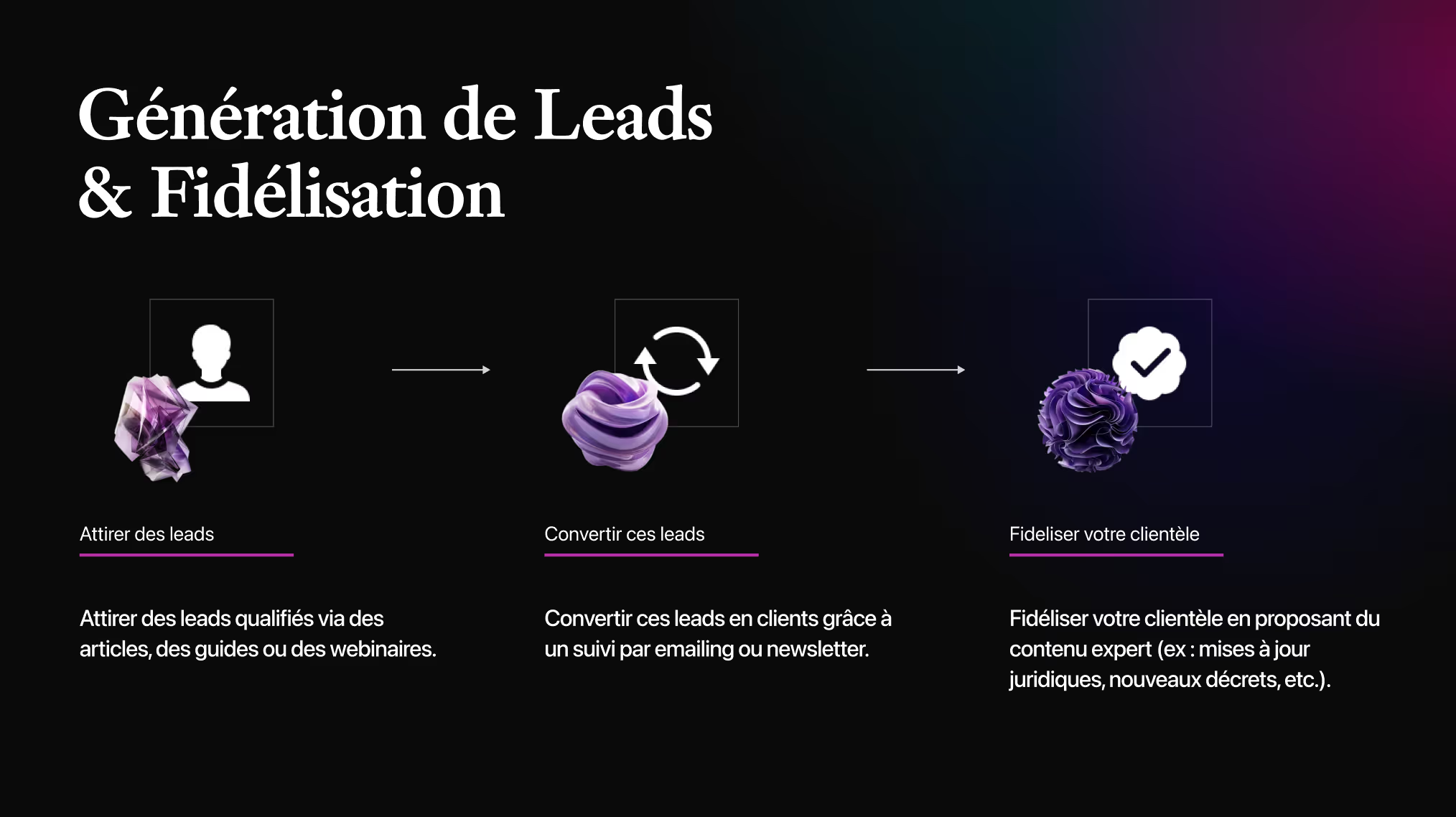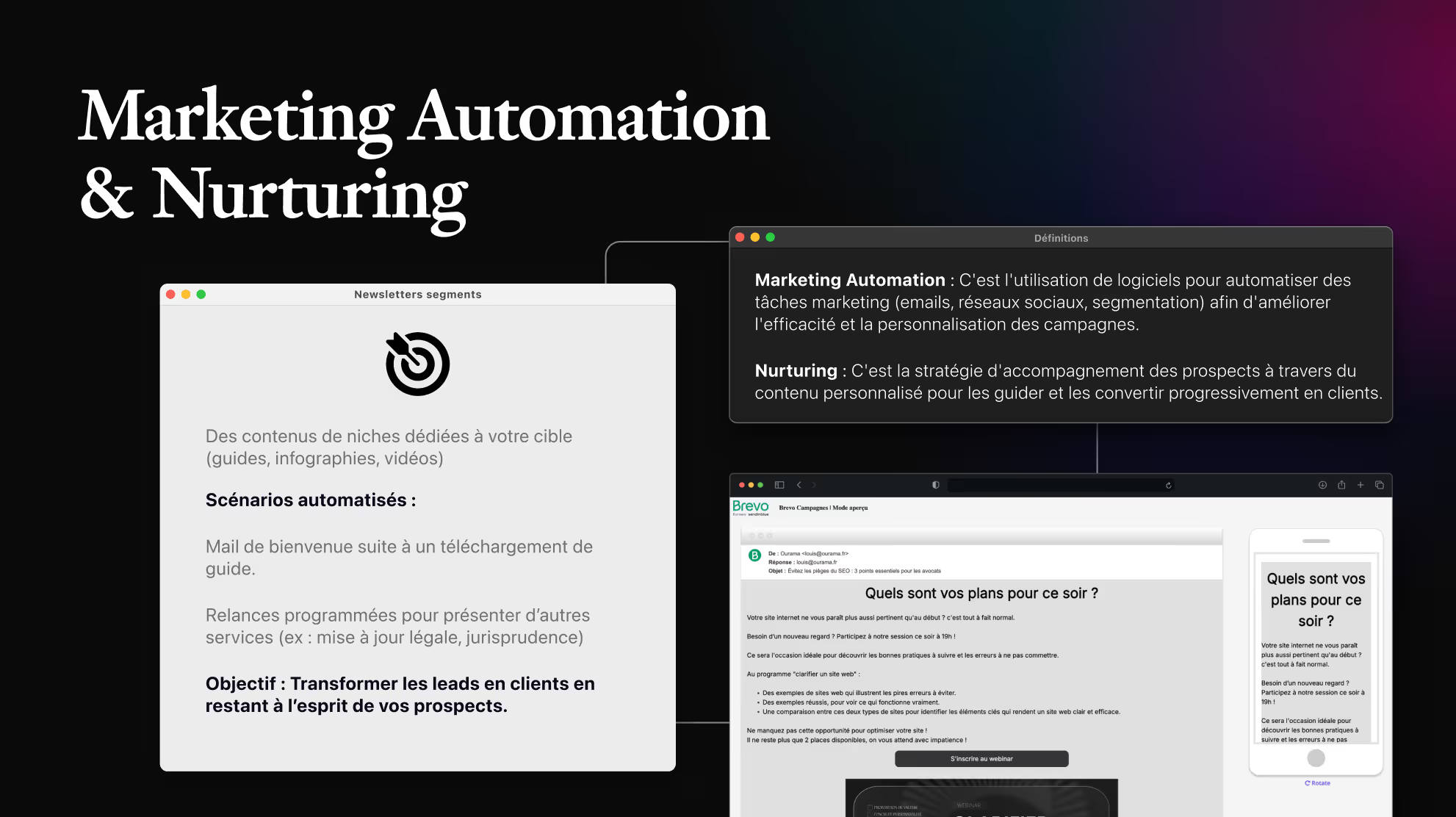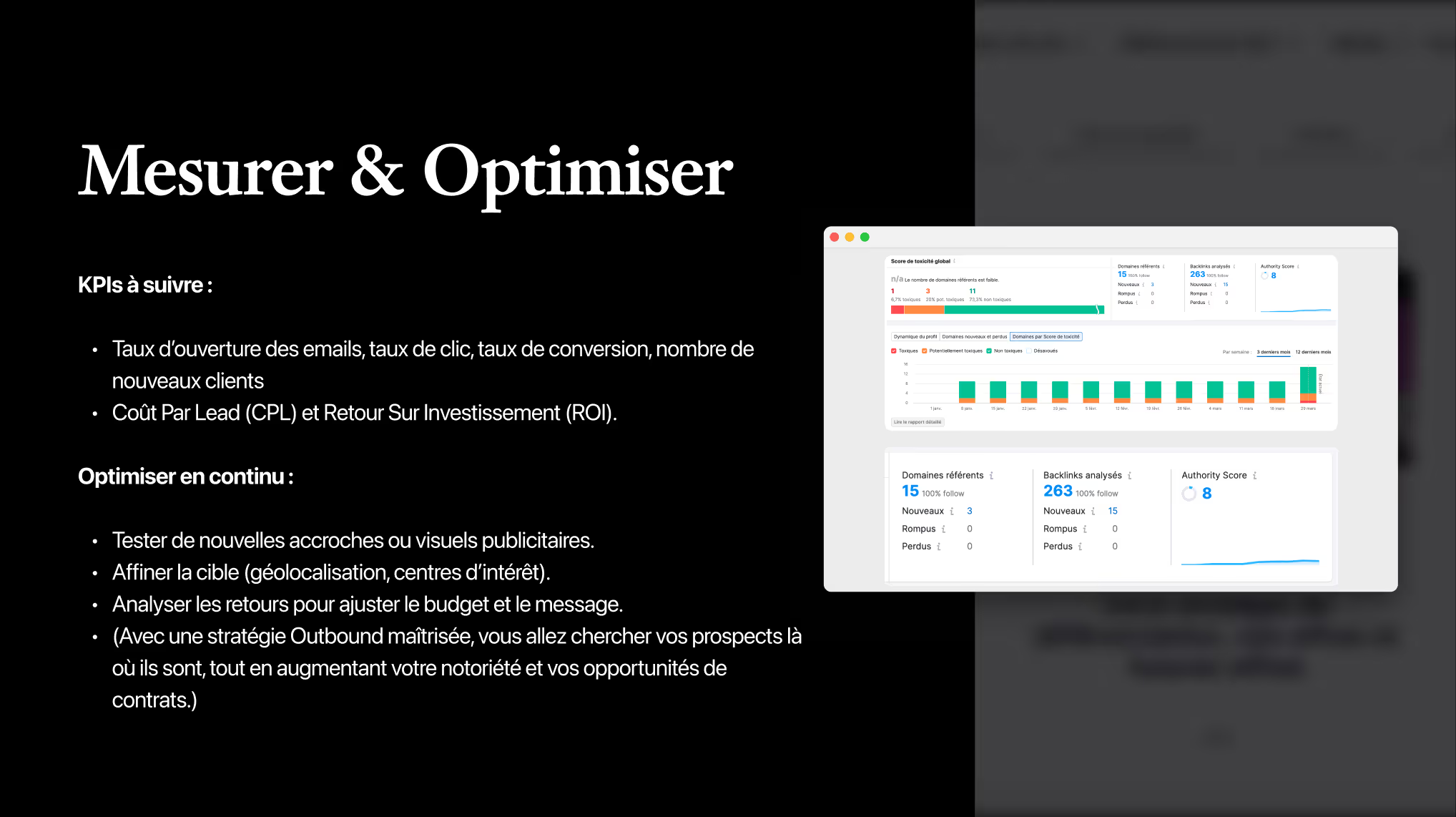
Wealth Manager & Digital Marketing
Discover all the methods for a Wealth Manager who wants to develop through digital marketing: Advertising ✅ SEO ✅ Strategy

Discover all the methods for a Wealth Manager who wants to develop through digital marketing: Advertising ✅ SEO ✅ Strategy
With the rise of digitalization and the evolution of customer expectations, it is becoming essential for wealth managers to adopt an effective digital marketing strategy. In 2025, the search for financial services mainly involves online channels, such as Google, social networks or specialized platforms. In an ultra-competitive sector, it is crucial for a wealth manager to stand out and attract qualified prospects.
This article explores how wealth managers can take advantage of digital marketing, what best practices to adopt, and how to measure the impact of their actions to maximize their success.
Yes wealth managers can advertise, but in compliance with regulations and professional ethics. Their communication must be transparent, informative and respectful of the rules in force.
Promoting financial services requires respecting principles of transparency, reliability and balance. Advertising messages should not be misleading or exaggerated. For example, unrealistic performance promises or the use of overly commercial language are forbidden.
Create a professional website: A clear and informative site that showcases your services, specializations, and team is essential. Including customer testimonials or blog posts can boost your credibility.
Register on online directories: Being present on platforms dedicated to wealth management increases visibility among qualified prospects.
Use social networks: LinkedIn, Instagram or Twitter make it possible to share financial advice, testimonies or economic analyses, thus strengthening perceived expertise.
Digital marketing has many advantages for wealth managers, especially in terms of visibility, loyalty and lead generation.
A well-thought-out SEO strategy makes it possible to capture the attention of potential customers looking for financial solutions online. For example, a manager specializing in retirement planning can position himself on keywords such as “retirement optimization” or “wealth management advice”.
In a field where expertise is key, digital marketing makes it possible to stand out by creating educational content such as blog articles, explanatory videos or webinars. These tools show your expertise and establish a relationship of trust with the public.
Tools such as marketing automation or newsletters make it possible to stay in touch with prospects and customers. For example:

Inbound marketing is based on a strategy aimed at attracting customers by offering them useful and engaging content.
Inbound marketing is based on the principle of creating content that answers the questions and needs of your prospects. Instead of actively seeking customers (outbound marketing), you attract prospects to you with relevant and useful content.
A wealth manager can write articles that answer frequently asked questions from clients:
Explanatory webinars or videos on topics such as portfolio management or wealth transfer are also very effective.
Using targeted keywords and optimizing web pages guarantees better visibility on Google. Natural referencing offer : Well-designed SEO content attracts qualified visitors and increases the credibility of the firm.

THEmarketing automation allows you to send personalized emails to prospects at each stage of their customer journey. For example:
This makes it possible to nurture the relationship with prospects and to convert them into customers over time.
One website is the basis of a Wealth Manager's digital marketing strategy. It should be designed to be both vocational, inviting and functional.
A website is the cornerstone of any digital marketing strategy. It should be professional, functional, and optimized for SEO.
Here are the essential pages:
The main objective of a website is to Convert visitors into customers. It is crucial to add Call to action clear: contact forms, free consultation, or Make an appointment online.
Measuring the effectiveness of marketing efforts is essential to know if the actions taken are actually bringing results.

Tools like Google Analytics allow you to follow the web traffic, to identify which pages generate conversions and to measure the effectiveness of advertising campaigns.
A/B testing allows you to compare the effectiveness of different versions of your messages (for example, the subject of an email or the layout of a landing page). These tests make it possible to constantly optimize the strategy.
There are several tools for digital marketing that can be particularly effective for wealth managers.
Google Analytics, SEMrush, Ahrefs : These tools help analyze SEO performance and identify the most searched keywords.
There are specialized tools (e.g. Hubspot, Karlia, Axonaut) and general tools (e.g. Monday, Salesforce...)
An article on the subject https://www.ourama.fr/contenus/crm-avocat